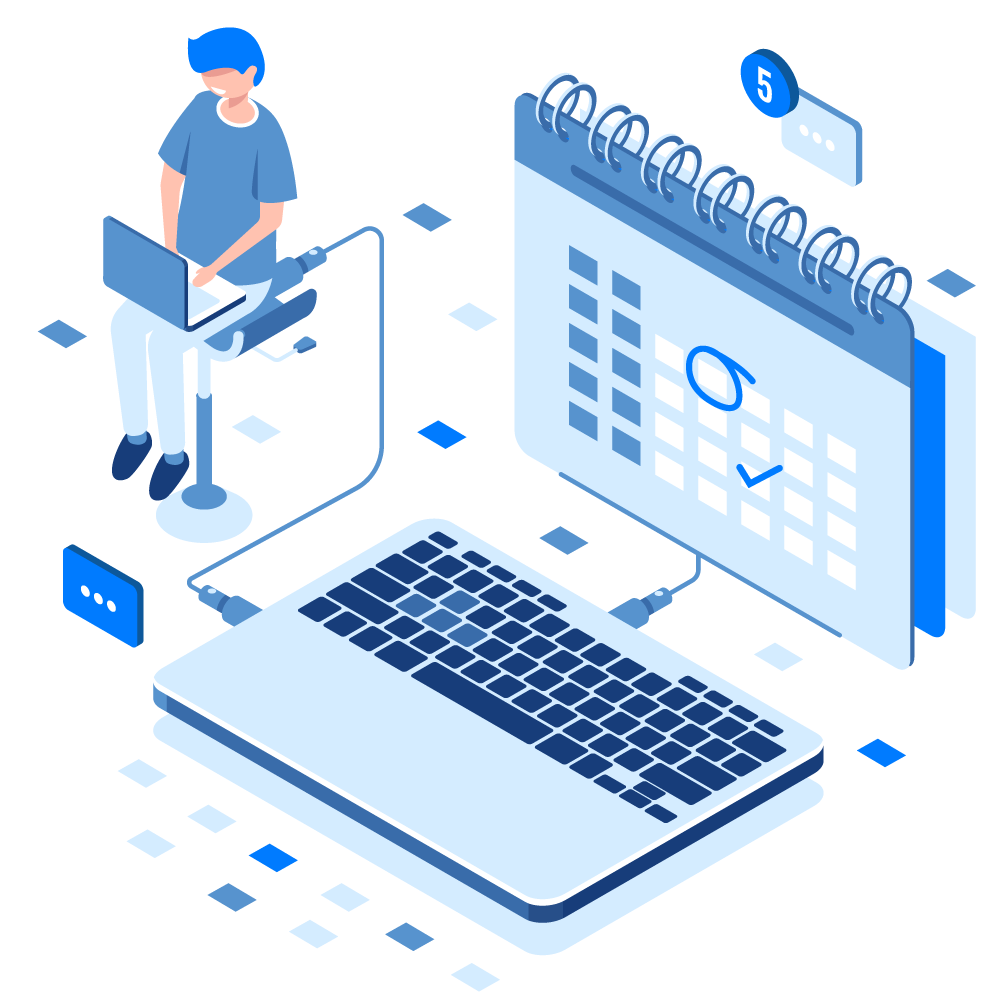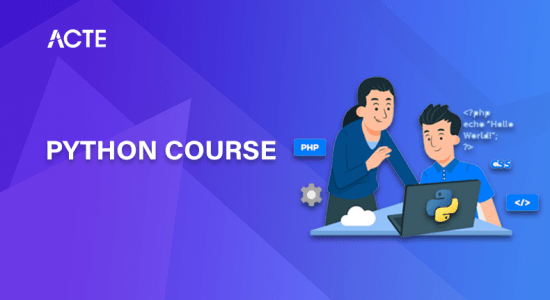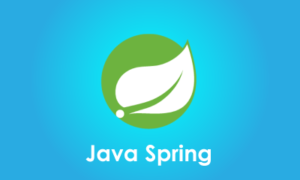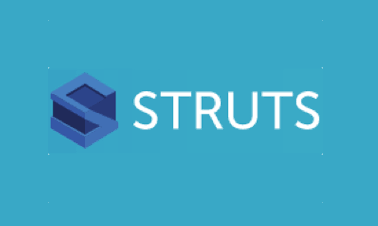Additional Info
Familiarity Behind Java :
The fact that Java is an object-oriented programming (OOP) language at its core makes it one of the most popular languages. OOP has a clever modular structure that makes solving complicated issues easier. Its modular structure facilitates the development process by allowing programmers to write reusable code. Java Classes that define data characteristics and behaviors are used to build objects in Java programming. Java also offers features like abstraction, encapsulation, polymorphism, and inheritance, as well as best, practices and built-in packages that make developing Java code easier.
Top 5 Reasons for Java Popularity :
1) User Friendly -
Java features English-like grammar, making it ideal for novices. You can learn Java in two stages: Core Java first, then Advanced Java. As a result, Java has a straightforward learning curve. And if you have a solid understanding of C and C++, you'll be able to master Java in no time.
2) Everything is possible with Java -
Java has long been the go-to programming language for creating Web apps, Android apps, and software development tools such as Eclipse, IntelliJ IDEA, NetBeans IDE, and others. Java's applications have now grown to include Data Science, Artificial Intelligence, and even the Internet of Things. Java is used by developers and programmers for all such applications because it includes a set of high-level concurrent tools and packages that enable highly scalable solutions. Java is also cross-platform compatible.
3)Having Rich APIs -
Despite the fact that Java only has about fifty keywords, its Application Programming Interface (API) is wide and comprehensive, with various methods that may be used directly in any code.
4 Robust Community -
The strong and active community support for Java is one of the main reasons for its popularity. It has the distinction of being the second-largest Stack Overflow community. So, if you ever get trapped in a programming rut, you can count on the Java community to assist you out.
5 Having Powerful IDE Development Tools -
The Integrated Development Environment (IDE) is one of Java's most intriguing features (IDE). The Java IDE is a large collection of automation tools, editors, and debuggers. The three most popular Java IDEs are NetBeans, Eclipse, and IntelliJ IDEA. For developing Java applications, Java provides Maven and ANT, as well as Jenkins for Continuous Integration.
Future of Java Programming :
According to the results of our poll, more companies are choosing Java as the language of choice for modernizing their applications. Not surprisingly, demand for Java Developers is predicted to increase by up to 19% between now. The median compensation for Java Developers in the United States is above 70,000, although it varies depending on experience, level, and location. Organizations must grasp how Java differs from other mainframe systems in addition to employing Java Developers who can enable application modernization across industries. It operates on Java virtual machines (JVMs), which can be deployed anywhere and manage their resources. If JVMs consume too many resources, other workloads' performance, and availability.
Importance of Java in the Industry :
The Java programming language, which already has a large user base, continues to provide numerous jobs in the computer industry. Because the language is so widely spoken, there are numerous resources available to learn it. Fortunately, many of these tools are available online, and they may serve as your learning partner. Depending on your ability level, there are both free and paid learning tools available. Because technology is growing at such a rapid pace, there are a plethora of potential job prospects, and Java developers are in high demand.
It is platform-neutral across OS environments because it is an open-source programming language. There are around 10 million Java developers worldwide, and this number is growing on a daily basis. Java, like other open source technologies, promotes the idea of giving back to the community. Expert Java developers who are willing to help newbies can be found in online communities such as StackOverflow.Java is more common than you might assume in your daily lives. Google, YouTube, Linked In, Amazon, and eBay are just a few examples of popular websites that employ it. Java also has a solid development path, with security and performance improvements being made on a regular basis. While Java does not meet all requirements, it is nevertheless a widely-used programming language that serves a large number of people and enterprises.
Best Platforms for Java Programming :
There was only Java programming back then, but now you may use any programming language on it. But I just wanted to point out that this application's boot time is really slow, and it consumes a significant amount of RAM.
- Eclipse:
It is one of the most popular IDEs I've seen among pros. As a result, it's always advisable to employ what the professionals do because you'll have to work with them one day.
- Notepad++:
This is one of the lightest and fastest IDEs I've ever used. But without the ability to alter the plugins, it's just a fine editor.
- Android Studio:
This is a fairly heavy IDE that allows you to write Java as well as Android apps. However, if you are not an Android programmer or willing to enter into mobile development (Android), you should not install it. Please do not install on an Intel i3 4 gen with 4 GB RAM and Nvidia 820 m since it takes about 1.2 minutes to start.]
- Netbeans:
NetBeans provides fast user interface design, cross-platform support, and the most comprehensive Java technology support. It also includes advanced HTML, JS, and CSS functionality. NetBeans is lightweight and capable of basic project management and versioning. NetBeans also works with C/C++, PHP, and JSP.
Top Purposes to Adopt Java Skills :
- Easy to Learn -
It's not easy to learn Java or think of it as the best programming language, yet it is. It's tough to become productive in a short period if you have a steep learning curve, which is the case with most professional endeavors. Java features a fluent English-like syntax with few special characters like Generics angle brackets, making it simple to comprehend and master Java programs.
- Java is an OOPS Language -
The popularity of Java stems from the fact that it is an Object-Oriented Programming language. It is significantly easier to develop an OOP application, and it also helps to make the system modular, adaptable, and extensible. You can apply all of these concepts with Java after you understand important OOP concepts like abstraction, encapsulation, polymorphism, and inheritance. In its library, Java incorporates several best practices and design patterns.
- Development Tools -
Eclipse and Netbeans have helped to make Java one of the most popular programming languages. It's a joy to code with an IDE, especially if you've previously coded in a DOS Editor or Notepad. They provide not just code completion but also a sophisticated debugging capability, which is critical for real-world programming. Java development became considerably more pleasant, faster, and fluent thanks to the Integrated Development Environment (IDE). IDEs make it simple to search, refactor, and read code. Apart from the IDE, the Java platform includes several other tools for developing Java applications, such as Maven and ANT.
- Contains Open Source libraries -
Java should be utilized everywhere thanks to open-source libraries. Many amazing libraries have been given by Apache, Google, and other organizations, making Java development easier, faster, and more cost-effective. Spring, Struts, and Maven are frameworks that ensure Java development follows best practices of software craftsmanship, promotes the usage of design patterns, and assists Java developers in completing their tasks.
- Having Community Support -
The Java programming language and platform's greatest strength is its vibrant community. A language, no matter how good it is, will perish if there is no society to support, assist, and share its knowledge. Java has been extremely fortunate in that it has a plethora of active forums, StackOverflow, open-source organizations, and a variety of Java user groups to assist with anything.
- Platform Independent -
Most Java applications are built in the Windows environment and operate on the Linux platform, which is still one of the reasons why Java is the finest programming language. Java is virtually everywhere, on the desktop, on mobile, on the card, and Java programmers are practically everywhere as well. Java programmers, in my opinion, outnumber programmers of any other programming language.
Job roles of Java Developers :
- Providing a high level of availability and performance.
- Participating in all stages of the development process.
- Writing code that is well-designed, efficient, and testable.
- Managing the development of Java and Java EE applications.
- Assuring that designs adhere to standards.
- preparing and producing software component releases.
- Creating stipulations from requirements.
Benefits of Java Certification :
- It is possible to earn a lot of financiers.
- Fill in the gaps in your knowledge and skills.
- Get an advantage over your peers who aren't certified.
- Knowledge is in high demand. Java programmer.
- JAVA is a well-known certification in the IT sector.
- Boost your self-assurance in the workplace.





























